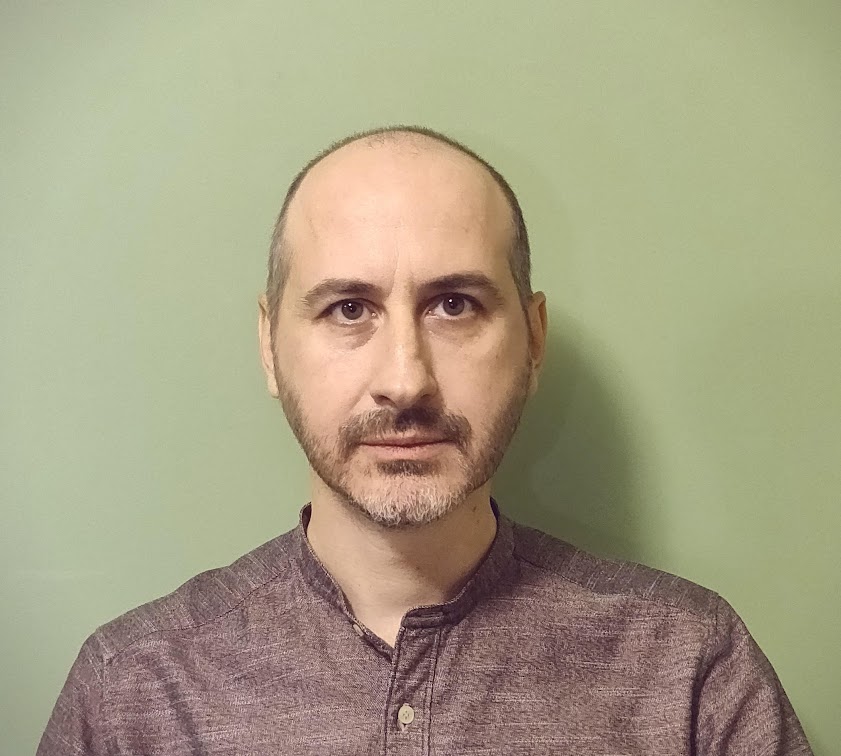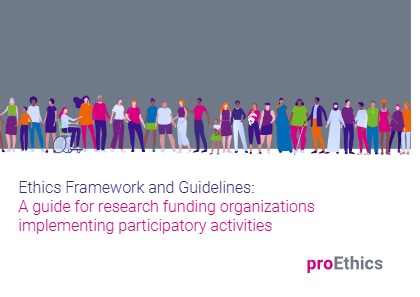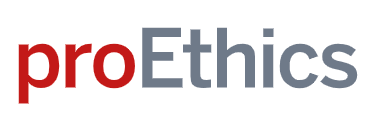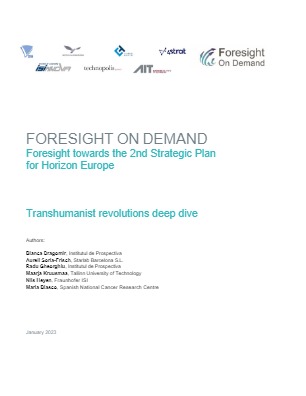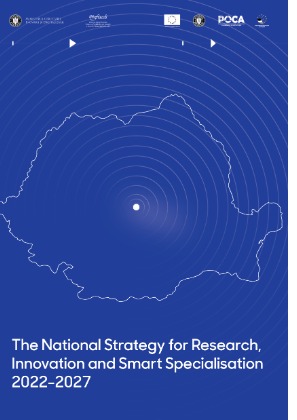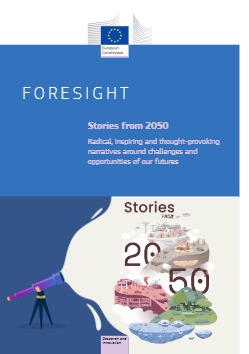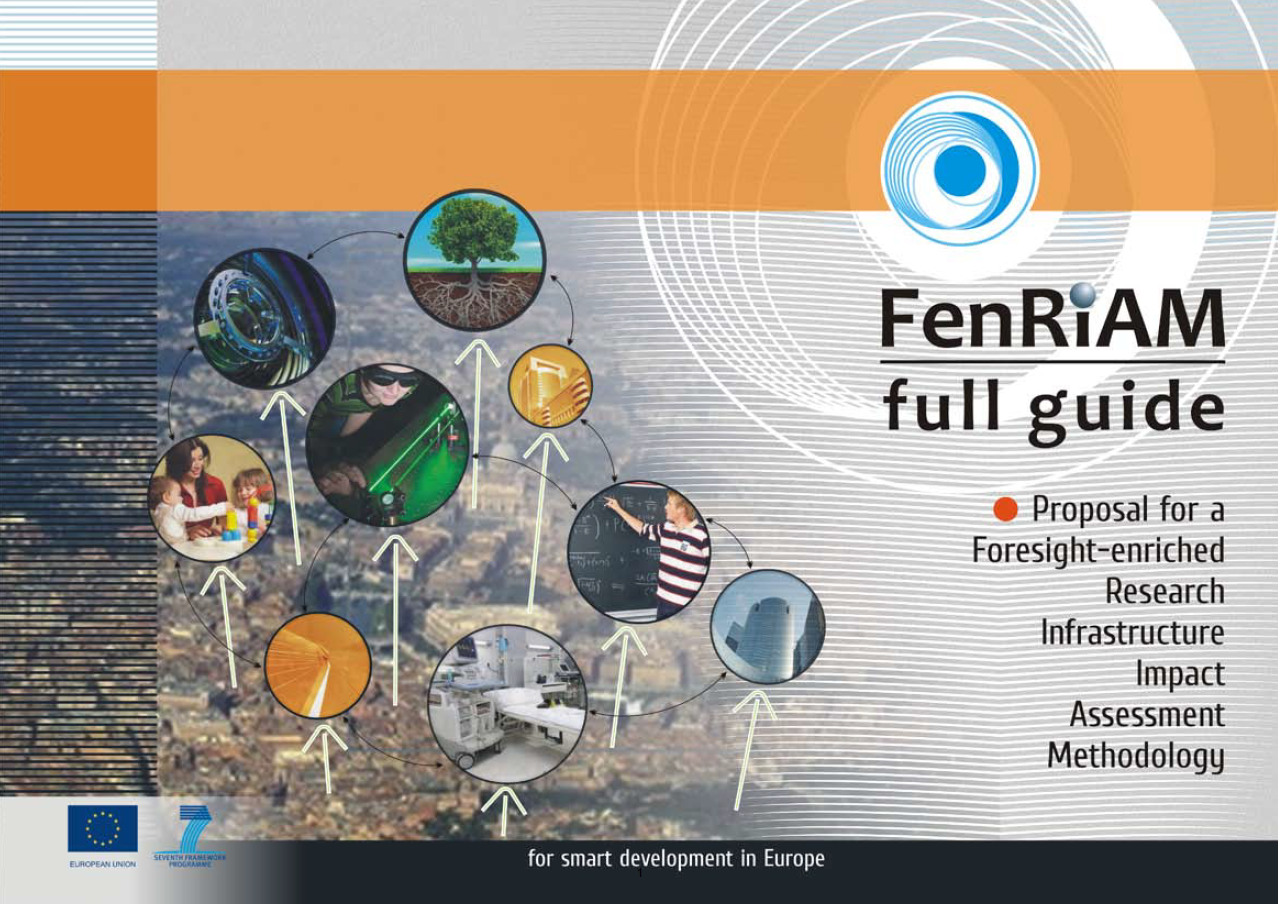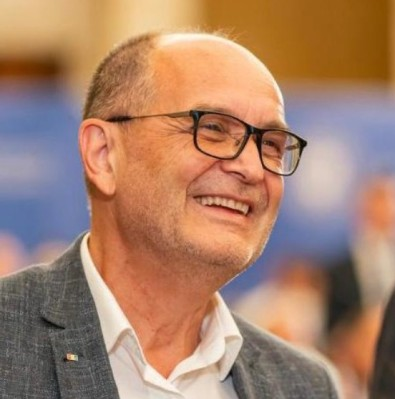Last Edited: a month ago
Ethics Framework and GuidelinesOctober 2023
A guide for research funding organizations implementing participatory activities
This framework supports the ethical preparation, implementation, and evaluation of participatory processes in research funding and (applied) research & innovation (R&I). It is intended to help the user understand the context within which they undertake participatory activities and guides them through mapping and addressing ethical challenges and limitations that might arise in the process.
The framework has been developed with a focus on the activities of research funding organizations (RFOs), including participation in strategy development and agenda setting, call topic definition and formulation, (project and proposal) evaluation processes, and R&I projects.
It addresses different contexts, resources, and (stakeholder) needs that impact decision making to ensure that participatory processes are carried out in an ethical manner. It also provides guidance to implement stakeholder participation while upholding principles of fairness, transparency, equality, privacy, and sustainability. Our guidelines have been set up to support ethics review and evaluation procedures that assess the planning and implementation of participatory processes and provide a frame of reference for stakeholders to discuss and understand participation in R&I.
undefinedPosted on: 11/11/2024
